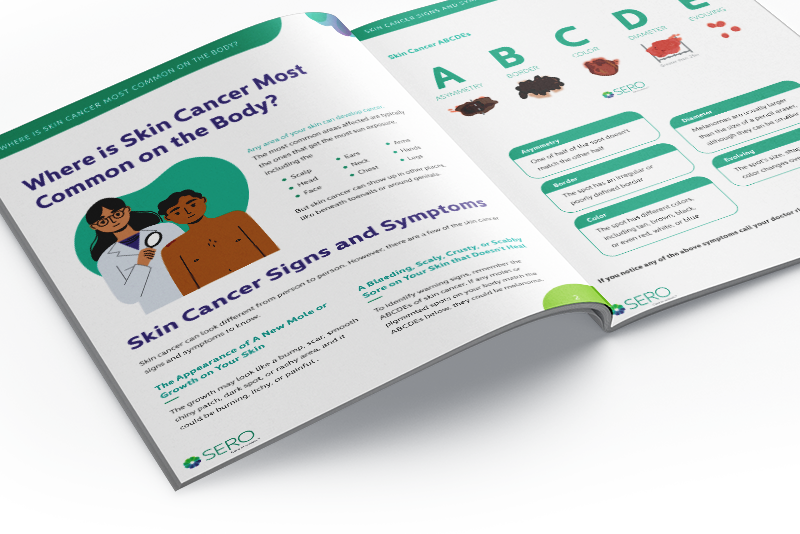Colorectal cancer is the third most commonly diagnosed cancer in the United States. This type of cancer often begins from a growth, known as a polyp, on the colon or rectum’s lining.
Colorectal Cancer Treatment
Colorectal Cancer Symptoms
In its early stages, colorectal cancer may not cause any noticeable symptoms. However, when symptoms do occur, they are often presented by a change in bowel habits, rectal bleeding, abdominal pain, unexplained weight loss and fatigue.
Specific recommendations for when to start colonoscopy and how often to have them depend on several factors such as age, family history, risk factors, and findings from colonoscopy procedures. Your primary care physician and gastroenterologist will be able to provide recommendations about screening colonoscopy specifically for you.
Symptoms
- Fatigue
- Weakness
- Diarrhea
- Constipation
- Abdominal pain
- Blood in stool
Diagnosing Colorectal Cancer

Cancers of the colon and rectum can be found on screening colonoscopy or can present with symptoms, such as rectal bleeding, weight loss, change in stool patterns or shape, or anemia (low blood count). Staging of these tumors involves looking at how deep the tumor extends into the colon or rectal wall and the whether the cancer has spread to nearby lymph nodes. This is typically assessed using imaging (such as CT or MRI) and/or ultrasound.
Colorectal Cancer Treatment
The management of these cancers can include surgery, chemotherapy, and radiation in different combinations. A team approach with your surgeon, medical oncologist, and radiation oncologist working together is key in achieving the best results with as little toxicity as possible.
Early stage cancers of the colon and rectum can sometimes be effectively treated with surgery alone. Treatment recommendations are different for higher stage cancers depending on location. Cancers of the colon that are higher stage are usually treated with surgery followed by chemotherapy. Higher stage cancers of the rectum are generally treated with radiation therapy given with chemotherapy before surgery, followed by additional chemotherapy given after surgery.
Radiation therapy for rectal cancer treats the rectal cancer itself and the surrounding “at risk” lymph node regions in the pelvis. The treatments are given daily, Monday through Friday, for approximately 5 and a half weeks. Surgery follows approximately 4 – 6 weeks after the completion of radiation therapy.
Your oncologist will be able to give you more information about the specific treatment plan for you . He or she will work closely with your medical oncologist and surgeon to ensure that the best possible care is provided with the least amount of side effects possible.
If you’re located in the Southeast United States, consider visiting one of our 30+ board-certified physicians in Charlotte, NC or surrounding cancer care center locations.


